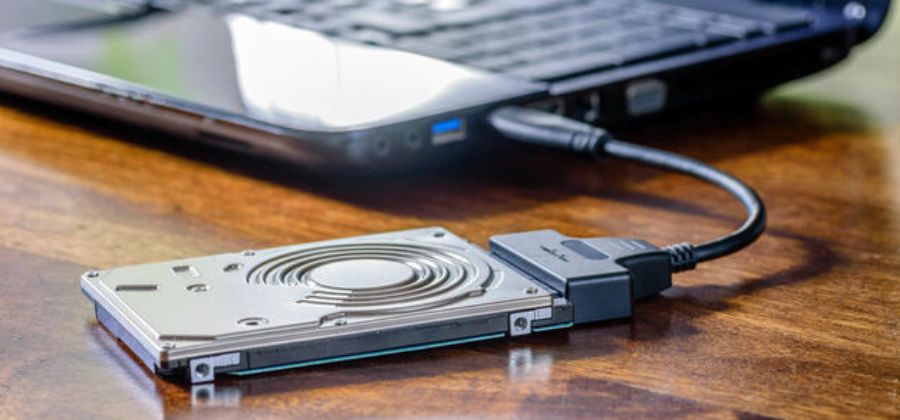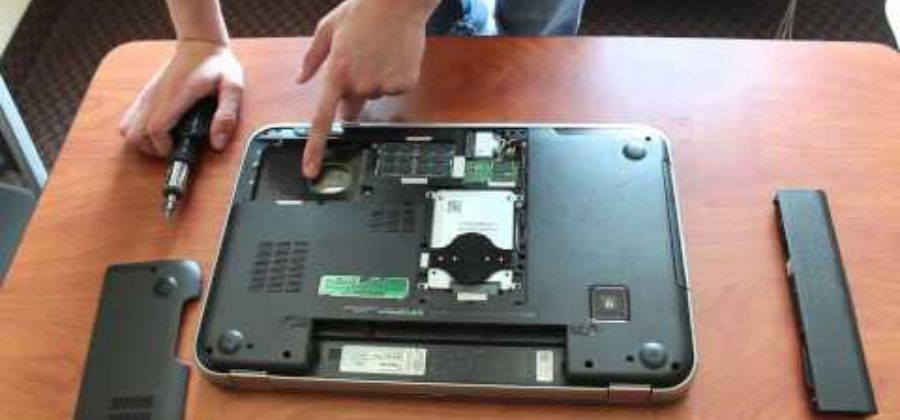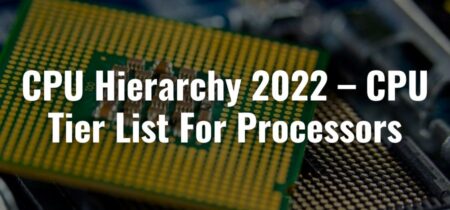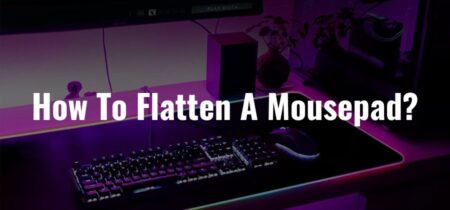You may ask, “Will my laptop hard drive work on my desktop computer?” The answer is yes, as long as they are both USB-powered. As long as your device uses a standard micro USB connector (or mini USB) to connect to a power source, you can use it with any other type of PC.
If you own a laptop, you know the hard disk is much smaller than a desktop hard disk. Therefore, if you plan to use a computer hard drive on a desktop, you need to connect them via an external adapter.
But before connecting your laptop hard drive with your desktop, you need to know if it will work or not? The answer is no.
Why laptop hard drives don’t work on a desktop:
If you have a laptop hard drive, it is always recommended to connect it with the external adapter. If you connect your laptop powerfully to your desktop, it will damage your computer. The reason is that the hard drive is much smaller than a desktop hard drive. So, connecting them can cause damage to your computer.
But Wait, Wait, Wait! I’ll tell you how to make it possible without damage or loss.
let’s move on;

How to Connect a Laptop Hard Drive to Desktop?
Some simple methods will help you to connect your laptop to the hard drive. Here are the ways that you can use it:
Using a USB Cable
The first and simplest method is using a USB cable. As we know, every laptop has a USB port, and the hard drive can also connect through USB.
Using a SATA Cable
SATA cable is another simple method to connect your hard drive to your laptop. SATA cable connects the hard drive to the motherboard, and the motherboard has a SATA port.
Using a FireWire Cable
If you don’t have any of these cables and want to connect your laptop to the hard drive, then you need to use the firewire cable. The firewire cable has a small connector that will easily connect the hard drive to the motherboard, and the motherboard has a firewire port.
Using a Network Card
Another way to connect a hard drive to the laptop is to use a network card. There are two ways to do it:
Using a Wireless Network Card
Wireless network cards are available in the market, and you can use them to connect your laptop to the hard drive. This method is not recommended because it takes a lot of time and the wireless network card is very expensive.
Using a Wired Network Card
You can use the wired network card if you are worried about spending your money. There are two types of network cards:
– Network Cards for Windows
– Network Cards for Mac

Choose the Right Size of Hard Drive
The first step to choosing the right size is determining how much space you need. If you have a lot of data stored on your computer, you will need a bigger hard drive. The size of a hard drive is measured in gigabytes (GB), terabytes (TB), or petabytes (PB).
For example, a 1TB hard drive will store about 1,000GB of data. You can measure the size of a hard drive in various ways, and the easiest way is to divide the total amount of data you want to store by the number of megabytes per gigabyte. So, if you’re going to store 1,000GB of data, you will need a hard drive of at least 1,000MB/1GB.
Choose the Right Capacity of the Hard Drive
As stated above, you can choose the size of your hard drive based on how much data you have. However, the size of the hard drive will also depend on the number of programs you use. For example, if you have a bunch of applications installed on your computer, you will need more space. If you use any media files, you will also need a larger hard drive.
Most hard drives come in three capacities: 250GB, 500GB, and 1TB. When choosing the suitable capacity for your needs, you will want to consider your storage needs and the number of programs you use.
Frequently Asked Questions
Is there any difference between hard drives for desktops?
There isn’t any difference between hard drives for desktops. However, a desktop hard drive is designed to withstand vibrations and not be subjected to constant motion like a laptop. While desktops are much easier to transport, they are also much less portable.
Can I plug an external drive into a laptop?
Yes, you can plug an external drive into a laptop. However, it would help if you remembered that it’s not compatible with all laptops. For example, you won’t be able to access external drives from a MacBook Pro.
Do laptops come with a built-in hard drive?
Most of today’s laptops don’t come with a hard drive unless you purchase a separate hard drive separately. Laptops can be loaded with a solid state drive (SSD), the fastest type of storage available on the market.
How many connectors do I need?
The number of connections depends on the type of connection you use. Most laptops have 2 SATA (Serial ATA) ports that you can plug into the motherboard, and you also might have one or two USB (Universal Serial Bus) ports on the back of the laptop. On most desktops, there are 4 PCI Express slots for inserting a memory card, an expansion board, and other devices.
Do I need to change any drivers when moving a hard drive?
No, but you should always make sure that you have updated your BIOS. If you find out that you cannot boot up after moving a hard drive, check if your BIOS is current.
Conclusion
In conclusion, If you are trying to find out what works best for you, try the different types available and see which ones work the best. The difference between a laptop hard drive and a desktop hard drive isn’t too big, and both hard drives have essentially the same components. One difference, however, is that a desktop hard drive has more power, space and resources than a laptop hard drive.

![How To Fix A CPU Cooler Not Lighting Up? [New Guide 2023]](https://www.drtechreviews.com/wp-content/uploads/2022/07/How-To-Fix-A-CPU-Cooler-Not-Lighting-Up-450x210.jpg)

![Why Is My CPU Cooler So Loud? [Facts 2023]](https://www.drtechreviews.com/wp-content/uploads/2022/07/Why-Is-My-CPU-Cooler-So-Loud-450x210.jpg)
![Fix Dual Monitor Lag In Windows [Explanation For Beginners]](https://www.drtechreviews.com/wp-content/uploads/2022/07/Fix-Dual-Monitor-Lag-In-Windows-450x210.jpg)
![Fix A Monitor Randomly Loses Signal [Problems & Solutions 2023]](https://www.drtechreviews.com/wp-content/uploads/2022/07/Fix-A-Monitor-Randomly-Loses-Signal-450x210.jpg)